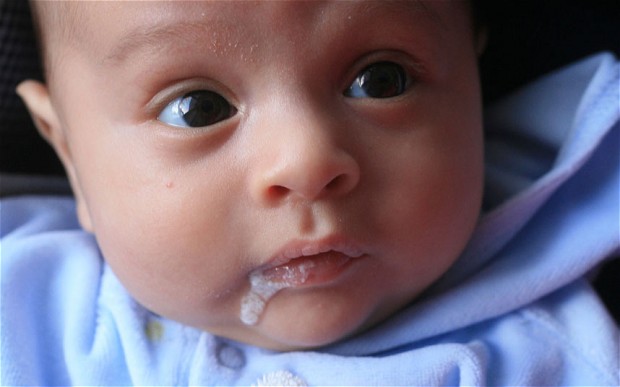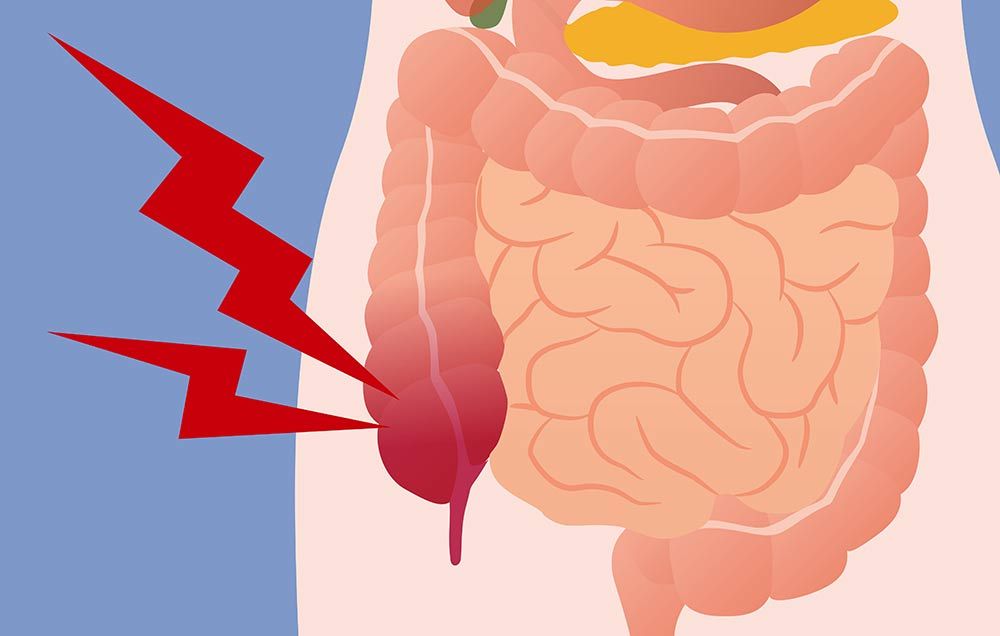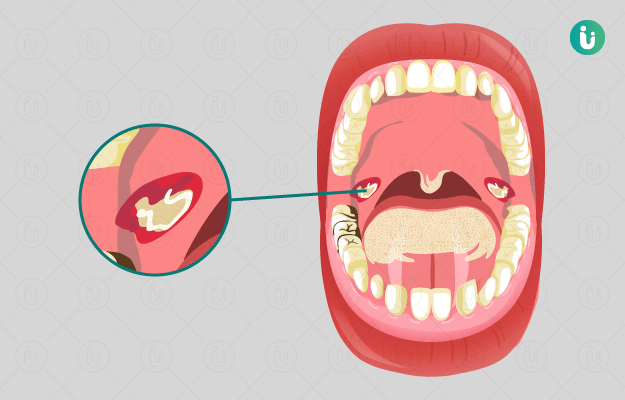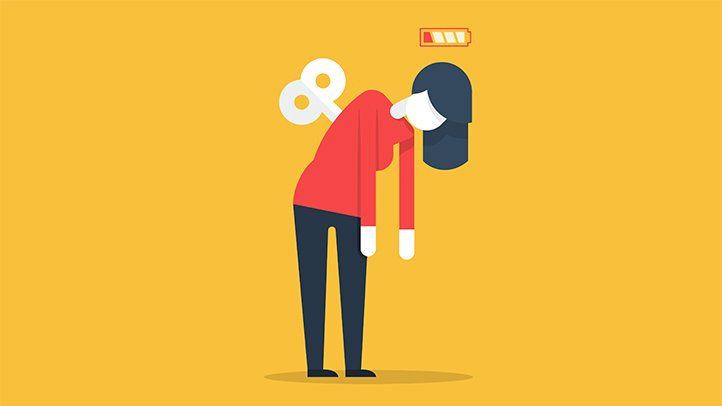What is Stress?
- Stress is a feeling of excessive emotional or physical tension. It can arise from any event or thought that makes you feel nervous, frustrated or angry.
- Stress is your body’s reaction to any condition that arise in daily’s life. But when this condition of stress lasts for a long time then it become anxiety and harm your health.
Types of stress
Stress is a normal feeling. Two main types of stress include :
- Acute stress.This is short-term stress that goes away shortly. People may feel it in daily life activities like during fight with your partner, or while job interview , any examination etc. It helps you to deal with dangerous situations. It also occurs when you try something new or exciting in your life. All people have this acute stress in life sometimes.
- Chronic stress.This is stress that remain for longer period of time. You may have chronic stress when you are facing any financial problems, an unhappy marriage life , or any problem at work. Any type of stress that remain for weeks or months is chronic stress. If you don’t manage stress properly , it may lead to many kind of health problems like heart problems, mental health disorders, obesity , eating disorders , personality disorders etc.
Stress and Your Body
- When you feel any kind of stress then your body reacts to stress by releasing hormones. These hormones make your brain more active. In the short term condition , these reactions are helpful and good because they can help you handle the situation causing stress. This is your body’s natural phenomenon to protect itself.
Symptoms of excessive stress
Signs and symptoms of stress can vary from person to person, depending on the disorder and other factors. Commonly symptoms that people feel or suffer may include
- Extreme mood swings
- Feeling sad or down
- Always In state of confusion
- Excessive fears or worries
- Withdrawal from friends and social activities
- Feeling of Tiredness, low energy
- Sleeping disorders
- Feeling of excessive guilt
- Hallucinations, Delusions
- Inability to deal with daily problems or stress
- Problems with alcohol or drug use
- Sex drive changes
- Excessive anger, hostility or violence
- Difficulty in understanding situations and people
- Suicidal thoughts
Causes of stress
Having general stress is common but if stress remains for longer time it can be caused by genetic and environmental factors:
- Family history in patients can be cause of mental illness. Certain genes may increase risk of developing a mental illness.
- Environmental conditions. Exposure tomany environmental conditions, inflammatory conditions, toxins, alcohol or drugs while in the womb can be linked to mental illness.
- Brain chemistry.Impairment of neurotransmitters disturbs the function of your nervous systems and leads to mental disorders.
Risk factors
Certain factors that may increase risk of developing a mental illness, including:
- Ahistory of mental illness in family.
- Stressful situations
- Chronic medical condition, like diabetes
- Brain damage due to any serious injury
- Use of alcohol or recreational drugs
- Any childhood history of abuse or neglect
- Few friends or few healthy relationships
- A previous mental illness
Complications
Mental disorders can leads to disability. If mental illness is not treated properly then it can be reason for severe emotional, behavioral and physical health problems. Complications that may occur due to mental illness include:
- Relationship issues
- Unhappiness and decreased enjoyment of life
- Family problems
- Social isolation
- Problems related to work or school
- Poverty and homelessness
- Self-harm and harm to others
- Weak immune system
- Prone to many medical conditions
Prevention
There are certain steps that can help you to reduce your stress level naturally and to boost low self-esteem and also help to keep your symptoms under control. Follow these steps:
- Get routine medical care. Don’t miss visits to your primary care provider, when aren’t feeling well.
- Pay attention to warning signs. Avoid factors that trigger your symptoms. Watch for your trigger factors and take help from your doctor, family members to deal with them.
- Take good care of yourself. Take good quality of sleep, healthy eating and regular physical activity are important. Maintain a regular schedule. Talk to your doctor if there is any difficulty in sleeping or if you have questions about diet and physical activity.
- Get help when you need it.
Diagnosis
Diagnosis of mental health disorders can be made bydoing
- Physical examination – Doctor will try to rule out physical problems that could cause your symptoms.
- Lab tests- These may include check for conditions that may cause any stressful condition, for example, to test your thyroid function or a screening for alcohol.
- A psychological evaluation– A doctor will try to check about yourthoughts, feelings and behavior patterns. From your behavior doctor will able to make a diagnose and rule out other conditions.
Ayurvedic Treatment of Stress
- Stress is considered under one of mental health disorder. The concept of mental health disorder that affects not only your body but mind also, is well explained in the ancient science of Ayurveda. In Ayurveda it is explained that Mental disorders are caused when your dhee, dhriti, smariti get exploited. Ayurvedic treatment for mental disorders aims at finding the root cause of the problem and treats it properly with right behavior, diet, and lifestyle.
- Chandigarh Ayurved centre provide complete ayurvedic treatment for treating mental health disorders. CAC provides effective combination of medicines that treat the root cause of the condition and heal mental health naturally. CAC provides Stress go kit which is combination medicines contains pure ayurvedic herbs
Stress Go kit contains the following medicines
- Mann Mitra Tablet
- Vata balance tablet
- Brodley syrup
- Stress Care Tablet
- Brain Relaxant Churna
For more information, you can visit our







